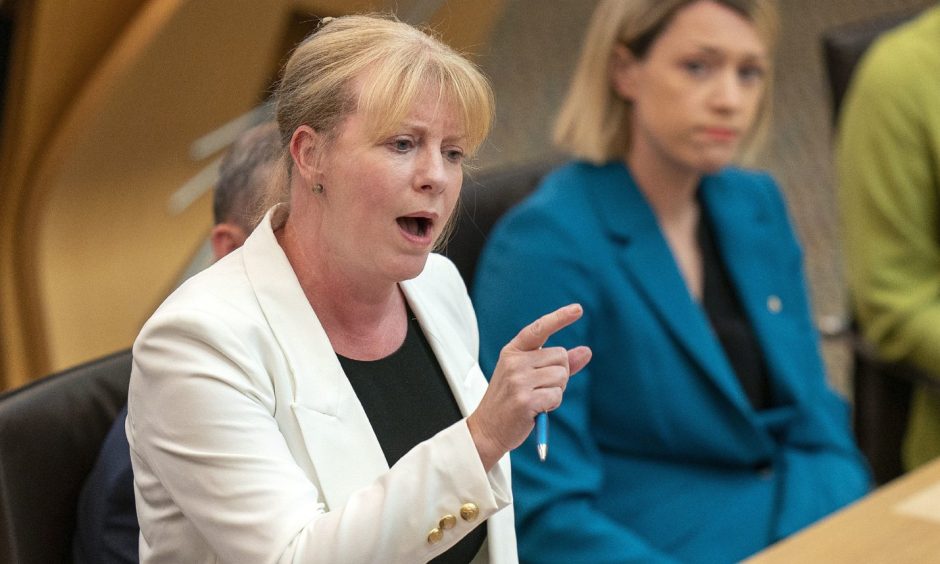Full-time college places in the north-east are likely to be cut in 2024-25 – and training opportunities withdrawn – as budget pressures bite, the P&J can reveal.
The college is also looking the potential use of voluntary severance and ways to cut the cost of goods and supplies.
Cuts would limit the flow of skilled and qualified entrants to the region’s workforce at a crucial time for the north-east economy.
Key sectors including energy transition, hospitality, travel and tourism, technology and life sciences are named as businesses which will find the move particularly concerning.
North East Scotland College delivers courses to around 6,000 full time students across four campuses in Aberdeen and Fraserburgh.
Across full time, part-time, distance learning, and school programmes, this increases to around 20,000 students who enrolled on courses in 2023-24.
Big draw for north-east teenagers
More than a third (38%) of school leavers in Aberdeen and Aberdeenshire chose Nescol as their next destination, underlining its importance to the region.
In an email seen by the P&J, college principal Neil Cowie explains the education and training provider is likely to cut full-time places from August.
It comes just days after it was revealed at least 1,200 funded university places will be cut in Scotland in a bid to make savings.
Cut would hit free training for employers
The Scottish Government has also withdrawn the Flexible Worker Development Fund as part of its ongoing drive for savings.
The fund enabled Nescol to deliver free training to north-east employers, who were able to access support worth £1.1m in 2022-23 and £1.9m the previous year.
Mr Cowie wrote: “It has played a vital role in the upskilling and retraining of the region’s workforce. This has been crucial across a variety of sectors and as part of a just transition.
“Nescol had been planning to deliver comparable levels of training in the current session – but it has now been confirmed by the Scottish Government that funding for 2023-24 will not be released.”
The college says it is in the process of informing employers who had been intending to access training provision in the months ahead and working to identify alternative solutions on a commercial basis.
“While some employers will be in a position to access paid training, unfortunately the reality of the economic position is that many will not and a significant number of employees will miss out on the opportunity to build their skills for current and future employment opportunities”, Mr Cowie added.
‘Drastic impact’
There were around 300 fewer full-time student places in the current academic year compared with the previous year due to funding constraints.
And across the 20,000 students enrolled overall across all course types, places were down about 3,700 places.
The college is unable to confirm at this stage – until after the Scottish budget is passed in February – how many posts could be reduced in 2024-25.
North East MSP Liam Kerr, the Scottish Conservative education spokesman, described the prospect of cutting college places as a “serious blow”.
He added: “From the energy sector to hospitality, these cuts will have a drastic impact on skilled apprentices coming through the pipeline from institutions like Nescol.”
The draft Scottish budget brought a £32.7 million reduction in revenue funding for the country’s colleges for 2024-25 – a cut of around 5% and closer to a 9% real terms reduction.
Colleges Scotland, the body representing all of the country’s institutions, is seeking a better settlement.
They estimate around 6,300 full-time places could be cut across Scotland’s 24 colleges.
A Scottish Government spokesman said: “While this is the most challenging budget to be delivered under devolution, the 24-25 Budget still allocates nearly £2 billion to both colleges and universities – supporting their delivery of high quality education, training and research.
“It will now be for the Scottish Funding Council and the college sector to work together on how best to allocate available resources to maximise delivery and to support reform to move the sector on to a more sustainable footing for the future.”




Conversation